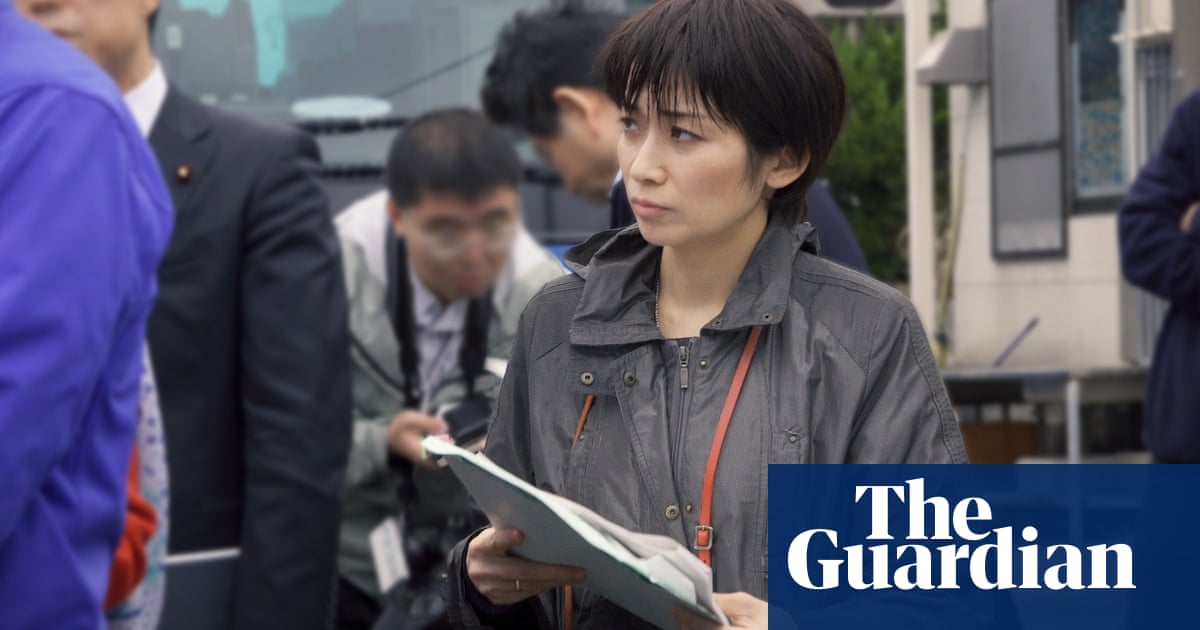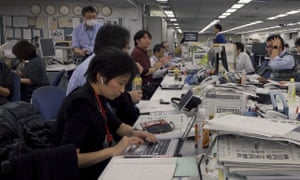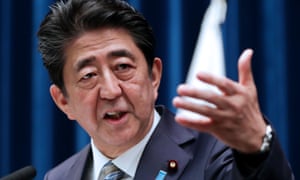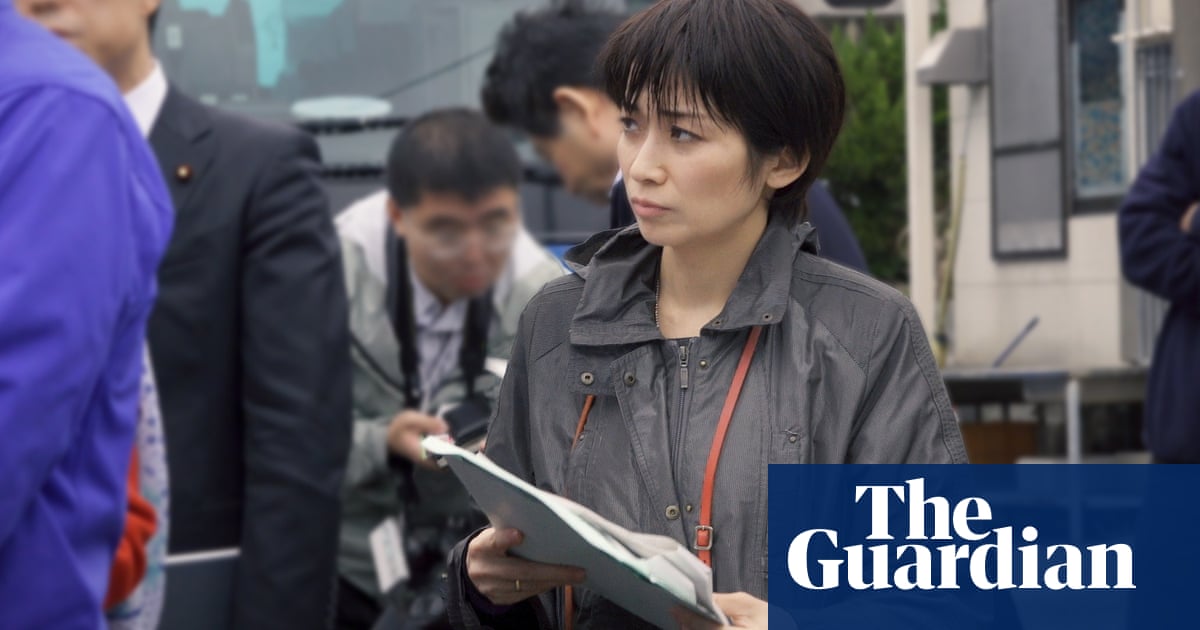Tokyo Shimbun journalist says she is buoyed by ordinary people to shrug off abuse and efforts by Abes administration to frustrate her

Even Abes friends in the media cant ignore this, says Isoko Mochizuki over lunch in between interviews and chasing down the days most important political story a scandal involving accusations that Japans prime minister, Shinzo Abe, used a taxpayer-funded cherry blossom viewing party to reward political supporters. I think the prime ministers office is quite concerned.
For Mochizuki, a reporter on a left-leaning newspaper covering a conservative government likely to remain in power for some time, sakura-gate is her latest opportunity to make life uncomfortable for Abe and his colleagues.
Her combative approach has won her admiration from readers and disdain, bordering on open contempt, from the countrys leadership.
It has also earned her a starring role in a recently released film i: Documentary of the Journalist, which follows the Tokyo Shimbun reporter as she travels the length of the country in pursuit of some of the the biggest domestic stories of recent times. Directed by the author and filmmaker Tatsuya Mori, it raises worrying questions about the health of Japans media.
The documentary shows Mochizuki in Okinawa talking to residents and officials about the controversial construction of a US airbase. In Osaka, she meets the couple at the centre of a political scandal that placed unprecedented pressure on the prime minister. She is shown with Shiori Ito, whose rape allegations against a prominent TV journalist made headlines again this week.
She moves quickly, holding her mobile phone in one hand, and the handle of her trusty wheeled suitcase stuffed with notebooks, documents and a laptop in the other.
But it is in the sombre setting of government briefing rooms where Mochizuki has arguably had the greatest impact on Japans staid political reporting culture.
When she started asking difficult questions about the environmental impact of a US marine corps base under construction in Henoko village, Okinawa, the government responded by attempting to frustrate her reporting. In a letter to the cabinet office press club a body of accredited journalists assigned to report on the offices activities it called for restrictions on questions by a certain reporter, whom it accused of spreading misinformation about the potential damage landfill work could inflict on the marine environment.

Although the letter did not refer to Mochizuki by name, few were in any doubt as to the identity of the troublesome reporter. The furore caught the attention of Reporters Without Borders, which called on Abe to respect the Japanese publics right to information by requiring his team to respond to all journalists questions, without exception. Mochizuki described the letter as a form of psychological pressure on me and my company.
As shown in the film, her confrontations with the governments top spokesman, Yoshihide Suga, can make for uncomfortable viewing. Mochizuki is repeatedly urged by a press officer to get to the question during Sugas briefings, only to be given one-line responses. On one occasion, a clearly irritated Suga tells her he is not required to answer her questions.
Were doing this job on behalf of the people
Mochizuki specialises in a brand of robust questioning that many regard as the stock in trade of political reporters in Britain. In Japan, though, she is a rarity in a media landscape where avoiding confrontation is often accepted as the price for continued access to important government sources.
Concern over mounting government pressure on the media prompted David Kaye, the UN special rapporteur on freedom of expression, to accuse Japan of eroding media freedoms and stifling public debate on sensitive issues in a 2017 report.
Kaye cited the 2014 state secrets law, under which journalists can be imprisoned for up to five years for reporting classified information passed on by whistleblowers, and a culture of self-censorship among cautious editors. Earlier this year, Reporters Without Borders ranked Japan 67th out of 180 countries in its global press freedom index, the lowest among the G7 nations.
While Japan sank to 121st place in the World Economic Forums 2020 global gender gap report its lowest level on record Mochizuki believes the media environment for women has improved since a female journalist alleged she had been sexually harassed by a senior finance ministry bureaucrat. Soon after, other women in the media confirmed that sexual harassment was commonplace.
In the past there was a feeling that youd put up with that to get the information you needed for your story, she says. But the finance ministry scandal made more people realise that if you dont speak out it will keep on happening. Things are changing for the better.

Pressure from readers, who now have a direct online route to reporters and editors, is forcing media organisations to be more accountable and confrontational she adds. Access journalism is all well and good, but we as journalists must remember that were doing this job on behalf of the people.
She received lukewarm support from her press club colleagues during her skirmishes with Suga, but hundreds of people rallied in her support outside parliament earlier this year. In Okinawa, too, campaigners contrast her refusal to accept the government narrative of the Henoko base with the media consensus that its construction is all but fait accompli.
Situations like that give me energy, she says. The strength I get from ordinary people helps me carry on with my work, even when I or my newspaper receive abuse. They are a reminder that Im not alone.
With that, she finishes her coffee, grabs the handle of her suitcase and strides out into the rain.


Recent Comments